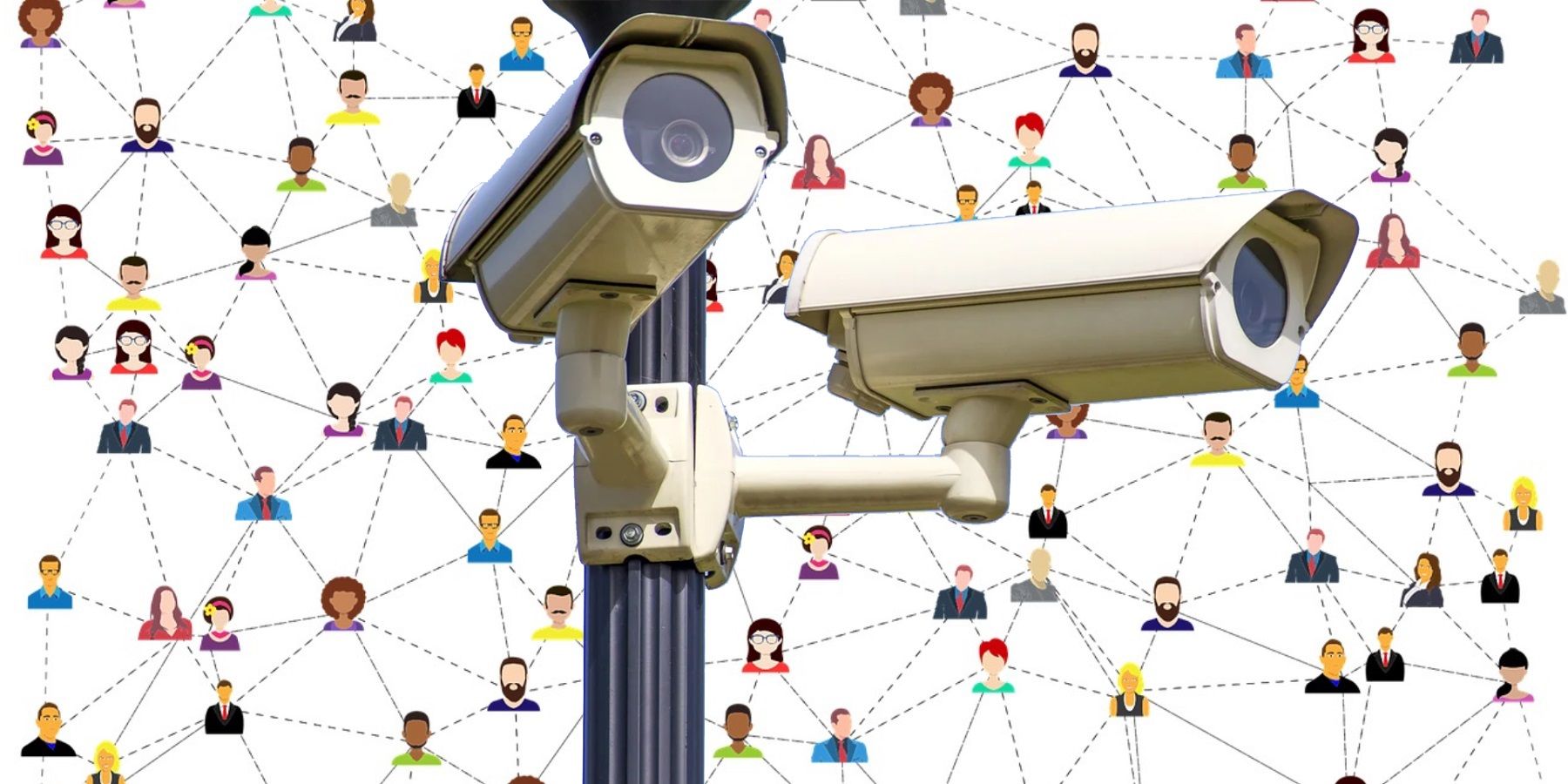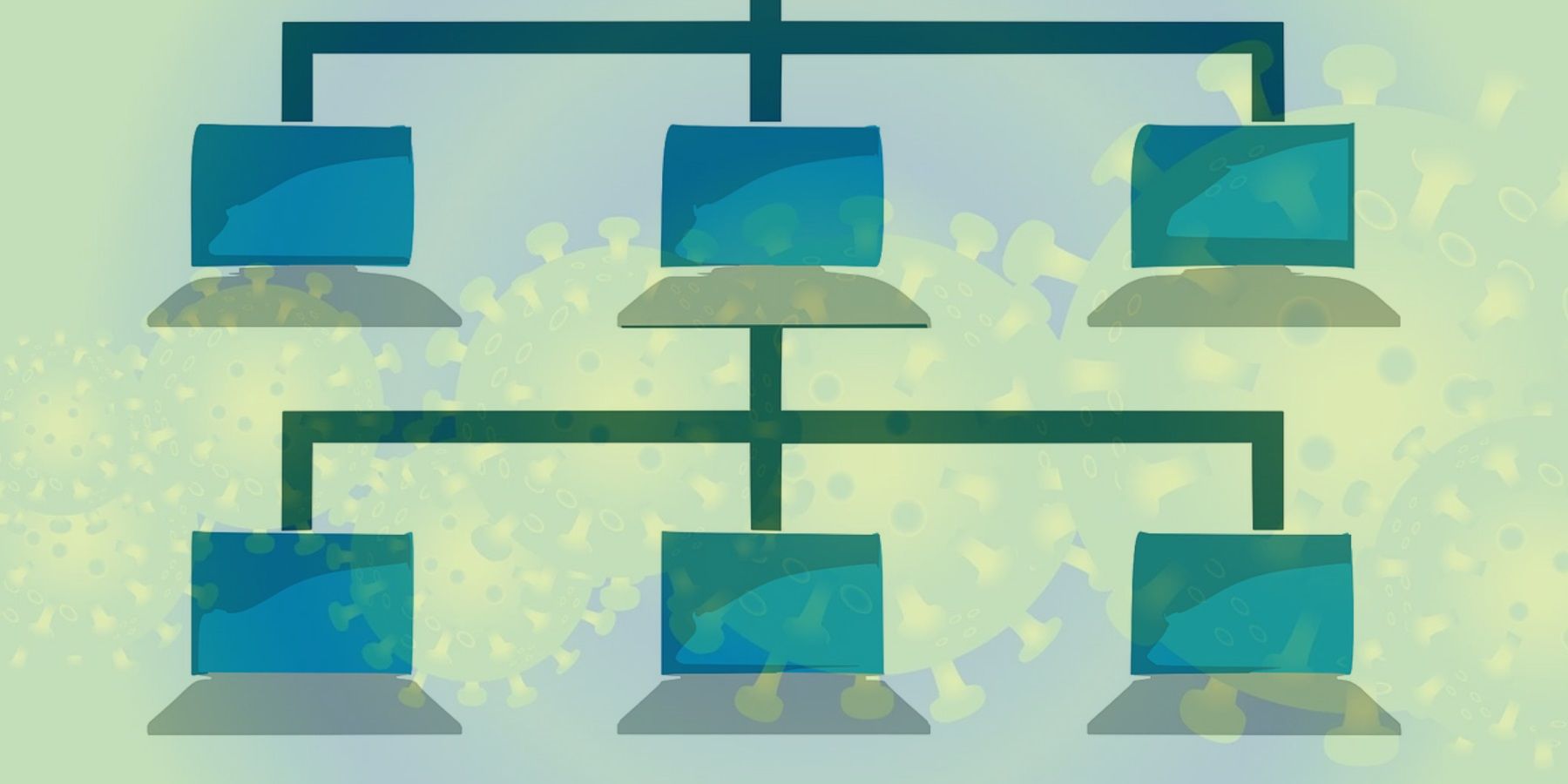Contact tracing techniques similar to those touted as the solution to the COVID-19 pandemic now appear to be in use as a way to combat the rioting and looting that erupted following protests over the death of George Floyd. The use of these methods by law enforcement is unlikely to help members of the public trust in a system designed to slow down and maintain control over coronavirus.
The COVID-19 outbreak has been one of the major developments of 2020, forcing many to remain at home under a lockdown order. During this time, governments and public health agencies have advocated the use of contact tracing apps and devices as one of the best tools in the fight to flatten the curve, and keep the curve from reigniting again. However, even before now there was much skepticism over the technology and specifically in relation to how it could be used for reasons other than virus management.
Shared on social media by news outlets, including NBC News, Minnesota Public Safety Commissioner, John Harrington, provided comments to the press on how state law enforcement was moving forward with catching rioters and looters. As part of those comments, Harrington explained law enforcement has adopted techniques “very similar” to those used to combat COVID-19 to perform what are essentially, ‘contact tracing arrests.’
From Virus-Tracking To Rioter Arrests
In explaining this, Harrington says law enforcement have now taken a contact tracing approach to finding wider links between people. For example, who those arrested already associate with and specifically, what platforms they are using. In addition, whether those arrested can be linked to larger orchestrated groups looking to capitalize on the protests or just individuals who also might have been involved in rioting and looting. While not exactly the same as COVID-19 contact tracing which explicitly involves the use of tracing phone location and interactions between devices, it is clear by the comments made that law enforcement is “analyzing the data'' of individuals in a similar way.
One of the immediate issues with this is that those same officials want members of the public to trust in a system that they were already skeptical of being abused and used for measures other than virus-tracking and monitoring. Again, while not to the same level of sophistication as the app-based solutions, the switch in thinking (and even the language used to explain) how the police tactics are now “very similar” to COVID-19 tracing is a problem. It is unlikely to prove reassuring to the general public that if local and national authorities had access to their phone location data, it wouldn’t be used as a tool to track and possible, incriminate them. These were some of the very primal concerns raised when coronavirus contact tracing was first mentioned, and within weeks, there are already now indications that those initial concerns were valid.
Source: NBC News/Twitter


